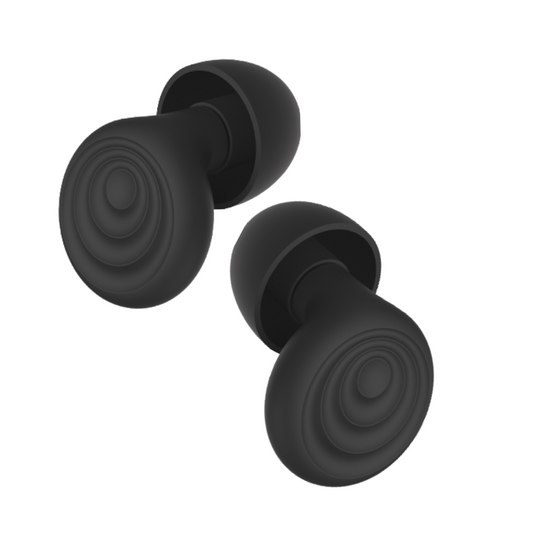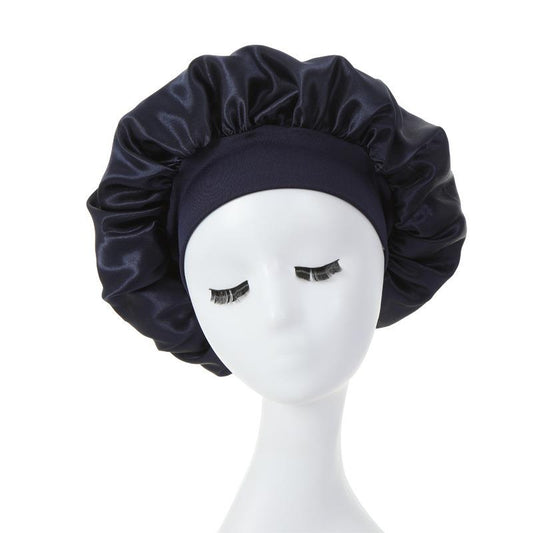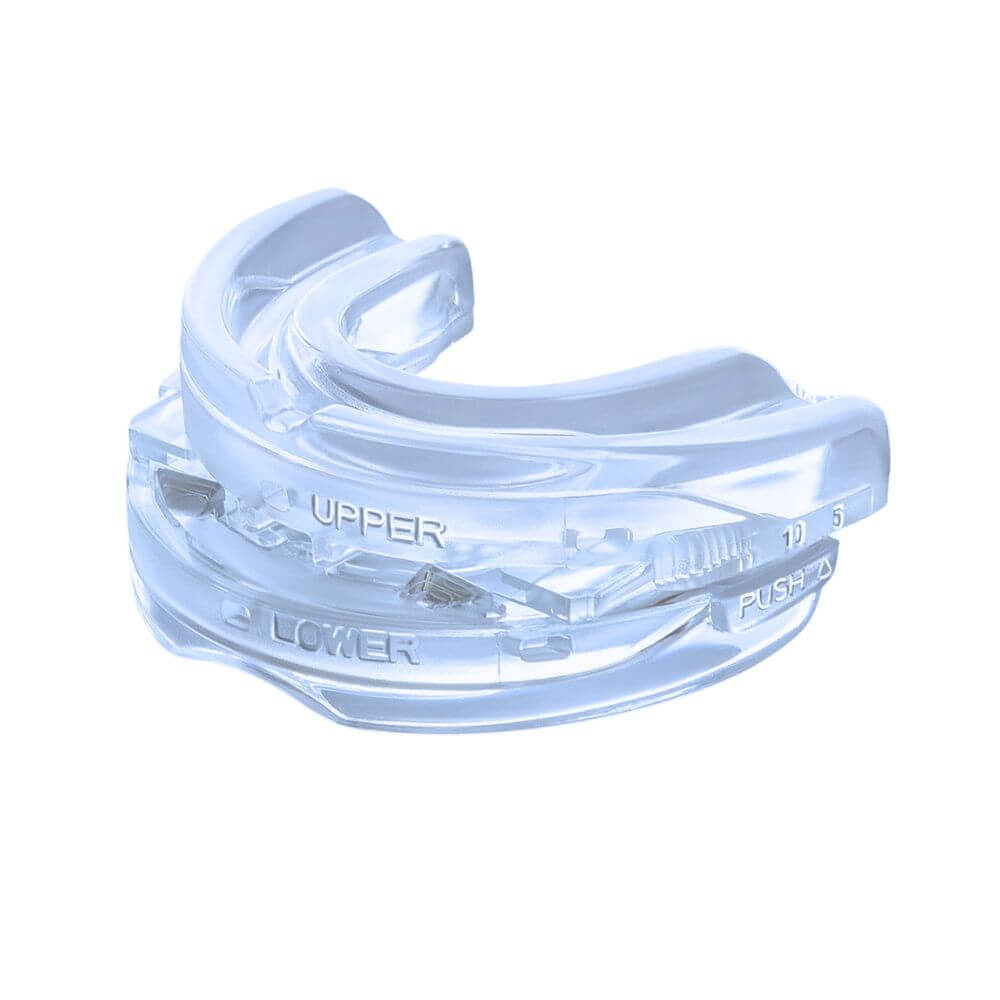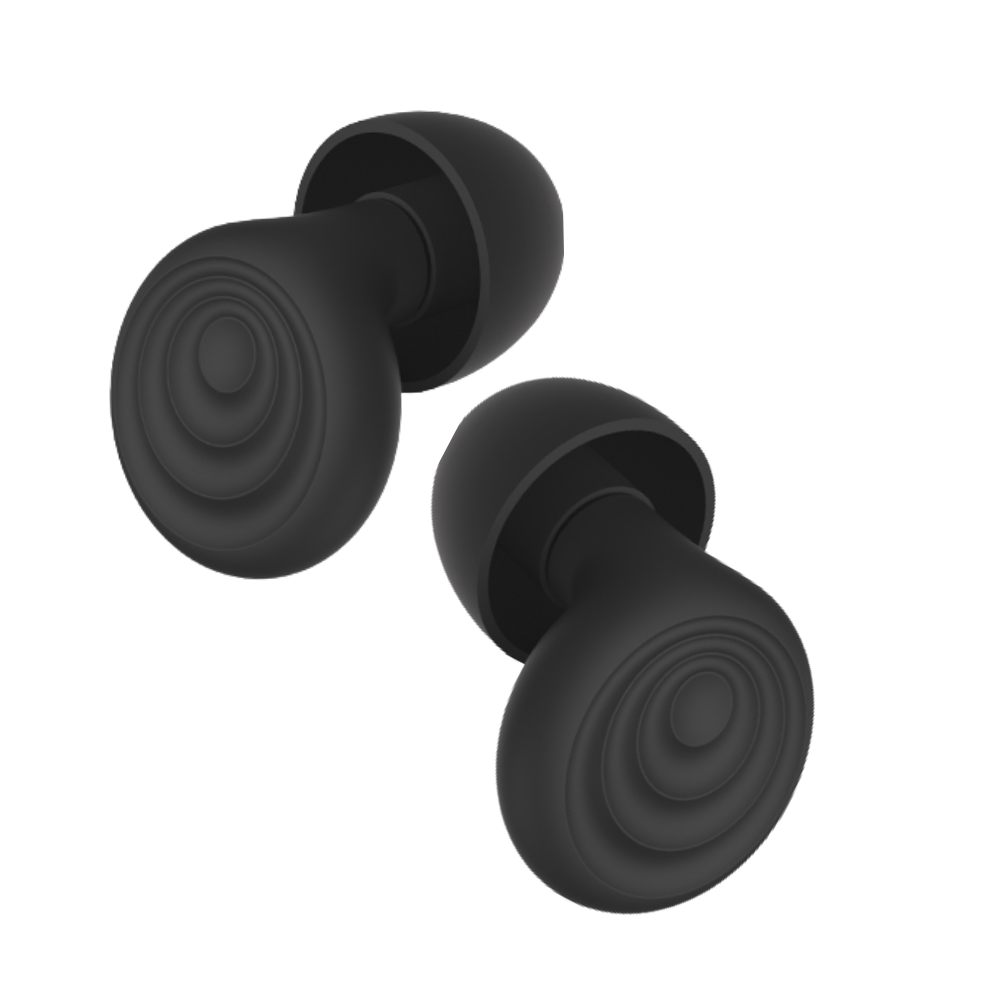As we age, our bodies change and unfortunately, for some of us this may include snoring. It's easy to think that snoring is just an annoying habit that gets worse as we get older. But is there any truth to this? Let's take a closer look at why snoring might worsen with age and what you can do about it.

What Causes Snoring?
Snoring occurs when air cannot move freely through the nose and mouth during sleep. The blockage of air causes the soft tissues in the throat to vibrate, which makes the sound we know as snoring. The most common cause of blocked airflow is due to weakened muscles in the throat or tongue. This happens naturally as we age since our muscles become weaker over time.
As we get older, our tongues can also become larger — something known as macroglossia — which can contribute to snoring. Some medical conditions such as sleep apnea and obesity can also increase a person's likelihood of snoring due to enlarged tonsils or adenoids, enlarged soft palate, or excess fat around the neck.
Snoring Solutions for Older People
If you're concerned about your snoring getting worse with age, there are steps you can take to help reduce it:
• Quit smoking - Smoking irritates the lining of your respiratory tract, leading to inflammation and narrowing of your airways which can worsen your snoring.
• Lose weight - Carrying extra weight around your neck creates more pressure in your upper airway which contributes to louder snoring.
• Avoid alcohol before bed - Alcohol relaxes your throat muscles even more than usual making it easier for them to collapse into each other and cause loud vibrations.
• Try myofunctional therapy - Exercising your tongue and throat muscles using specific exercises can help strengthen them and reduce snoring caused by weak muscles.
• Elevate your head slightly - Elevating the head by 4 inches while sleeping lifts the tongue away from the back of the throat allowing for better airflow. Using a pillow is the best way to do this.
• Try wearing a chin strap - A chin strap gently keeps your jaw in place during sleep preventing its backward motion that narrows the upper airway causing louder vibrations.
While aging does come with some unavoidable changes that may encourage increased levels of snoring, there are several things you can do to help reduce it. If you find yourself increasingly troubled by loud nighttime noises coming from within yourself or someone else in your household then try out some of these strategies! With a combination of lifestyle changes and possibly myofunctional therapy exercises you should find relief from incessant nocturnal sounds soon enough! Good luck on reducing that racket!

























